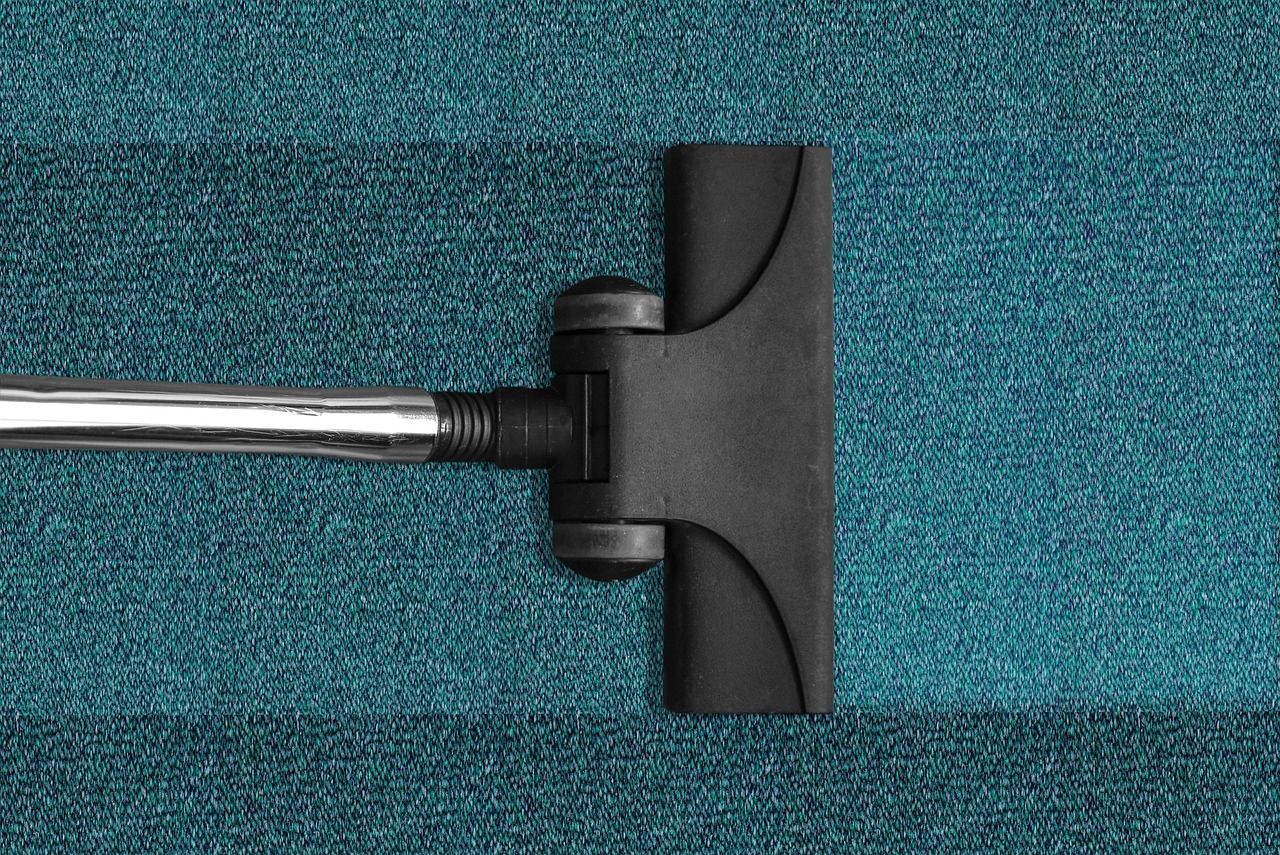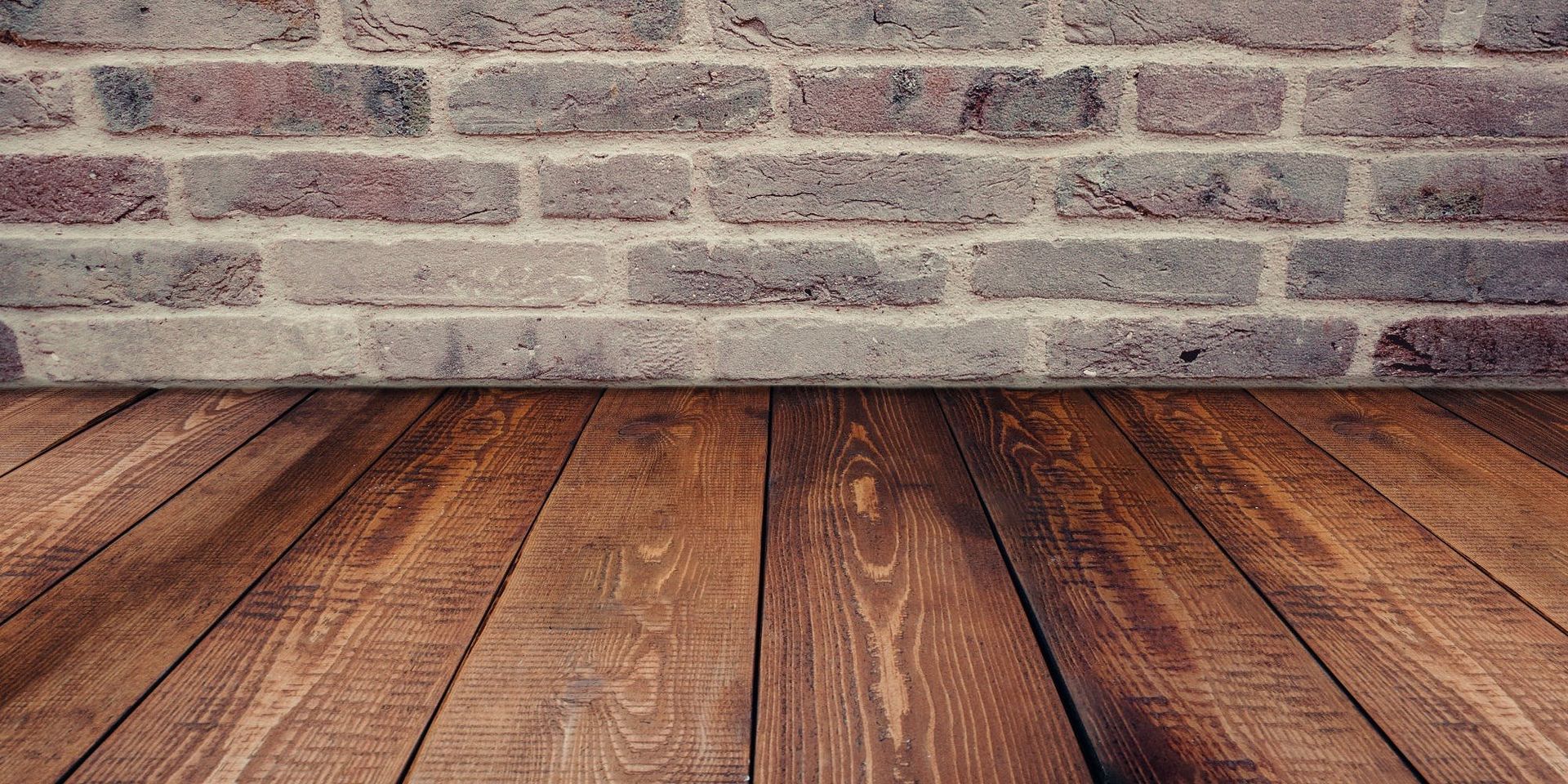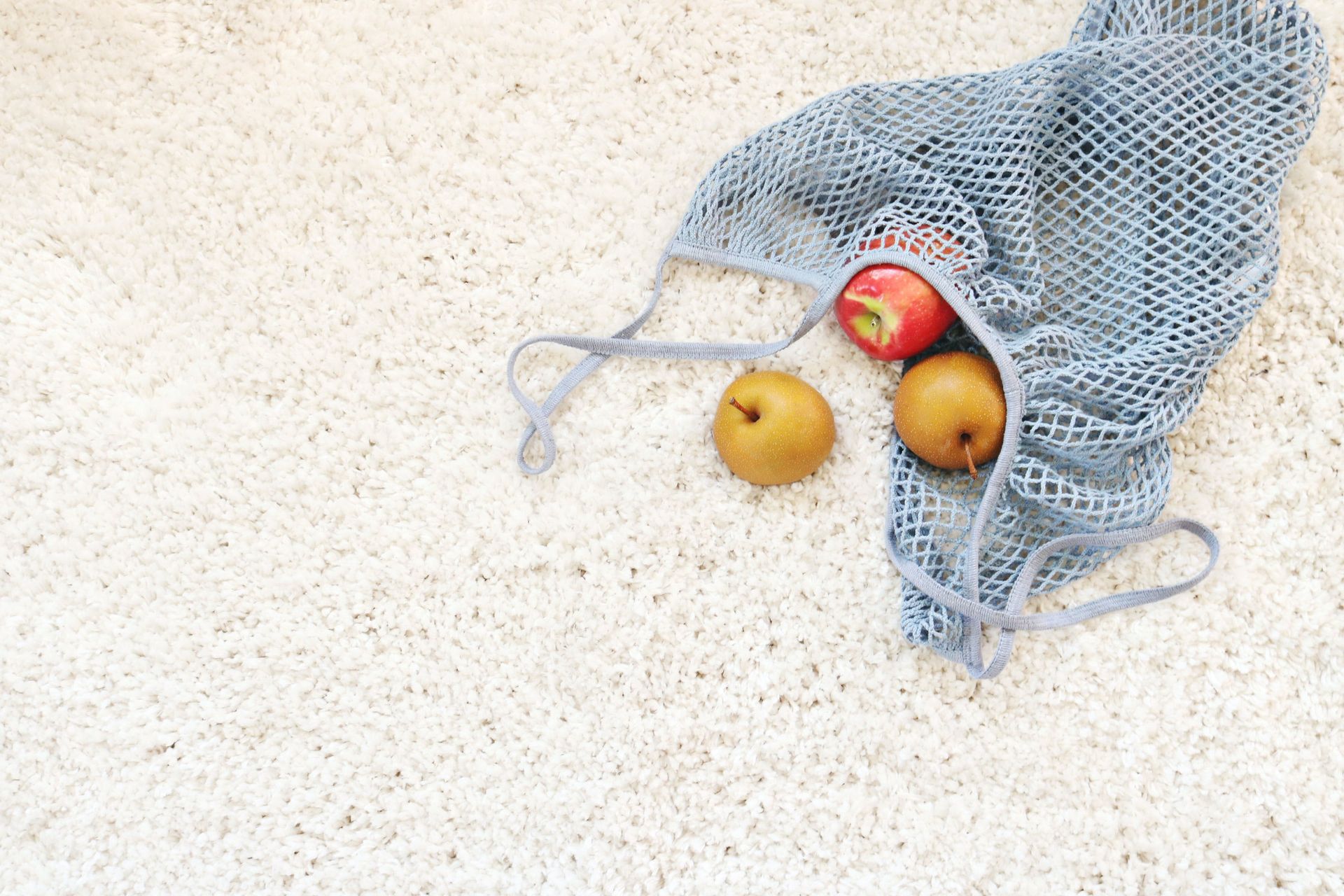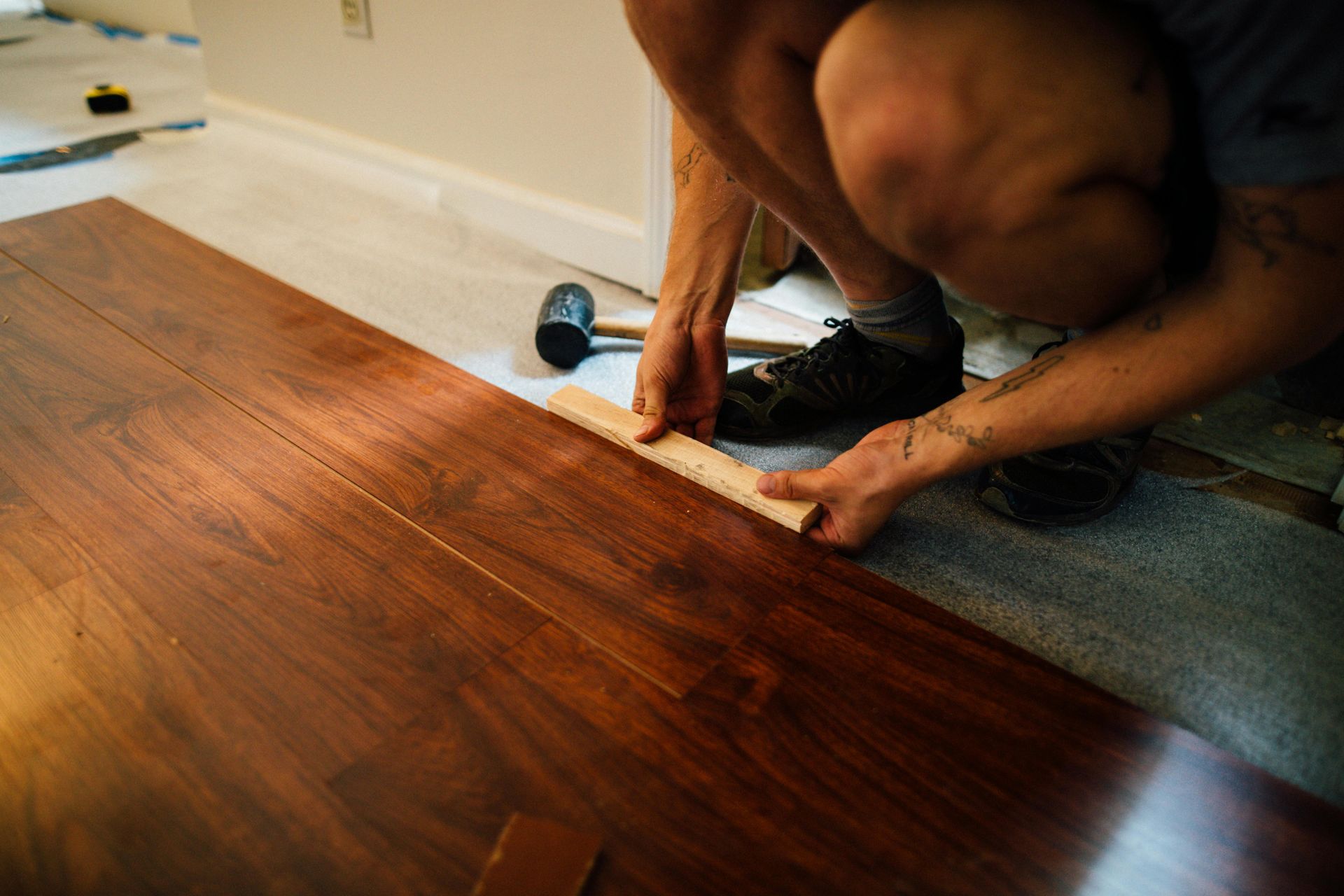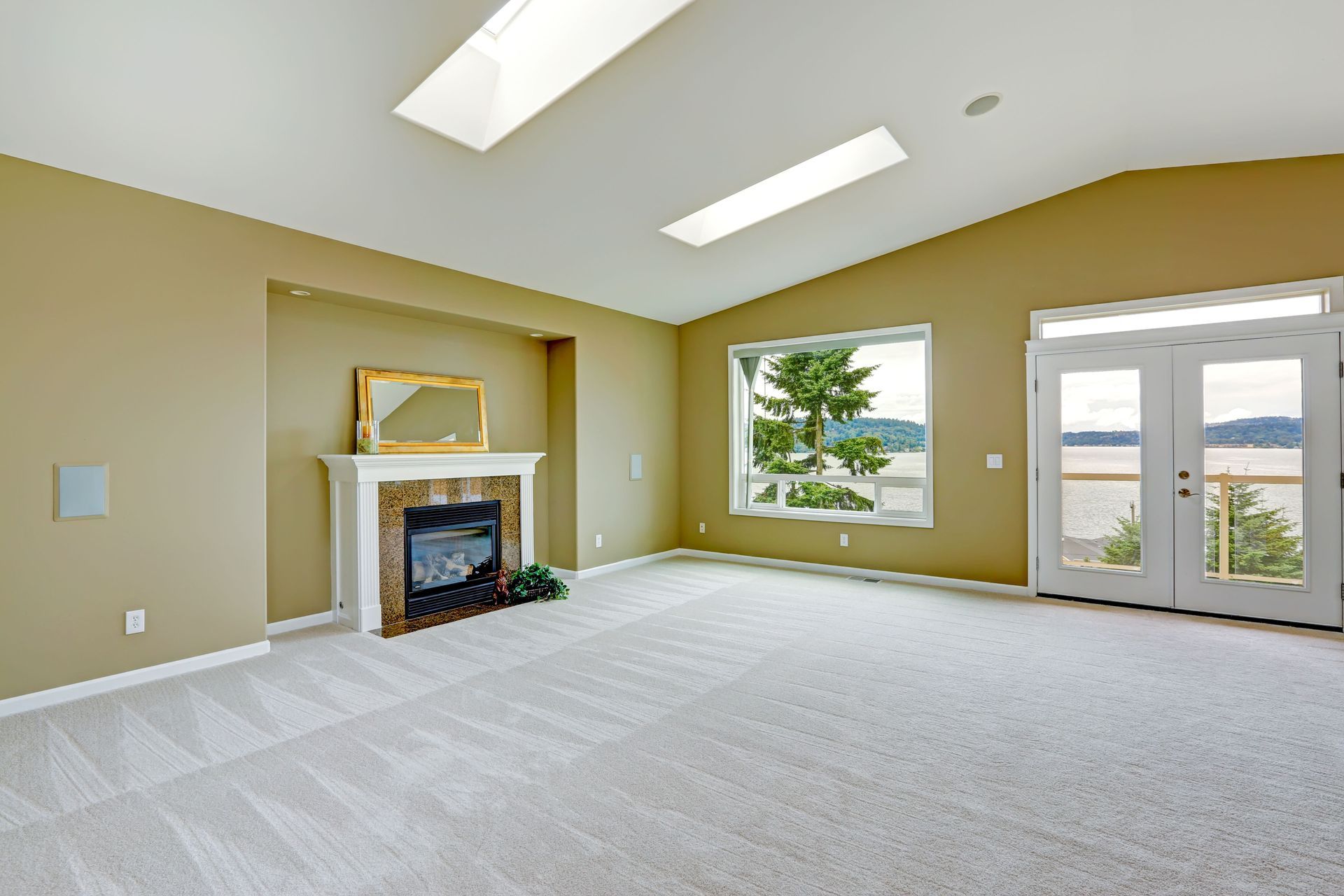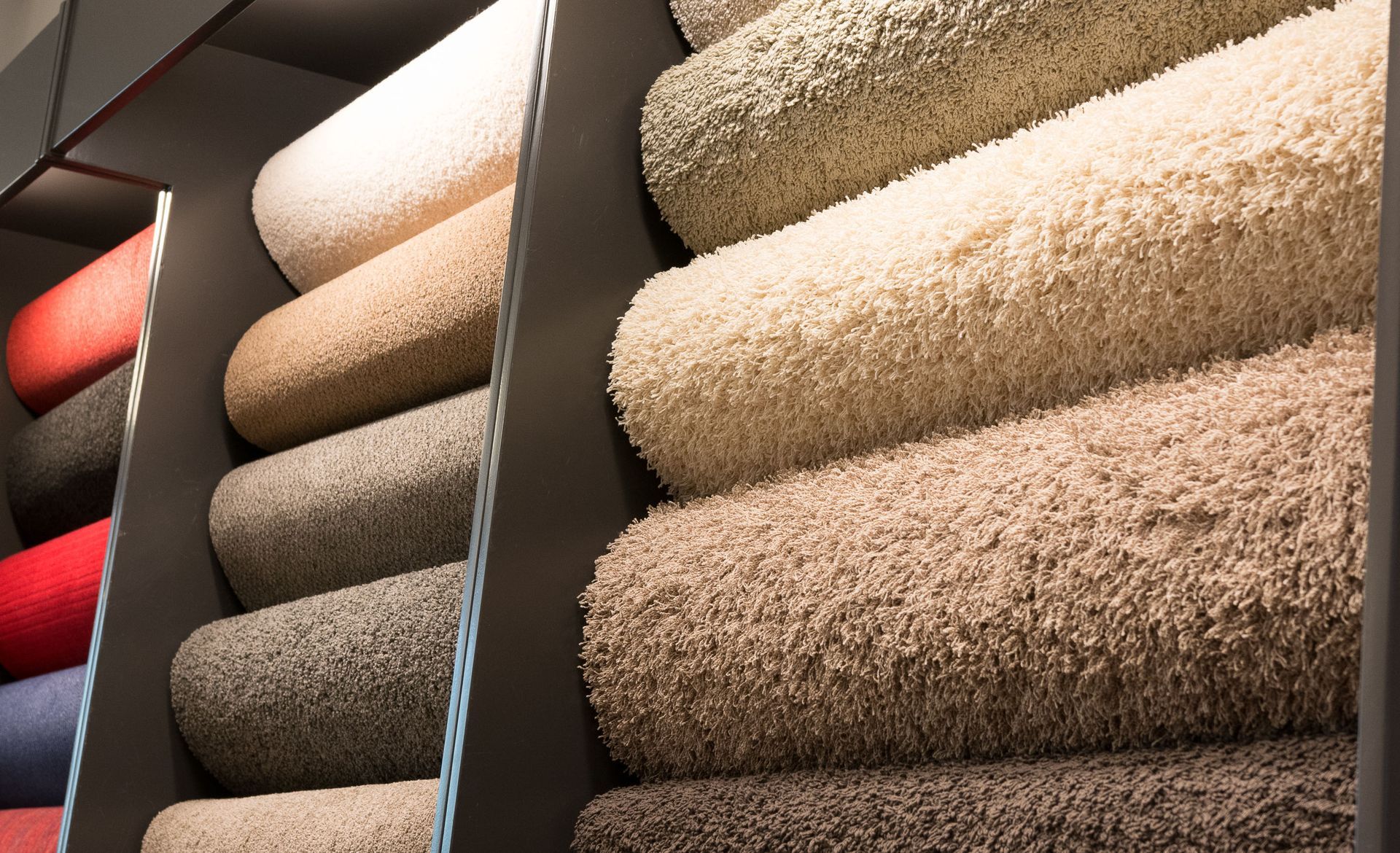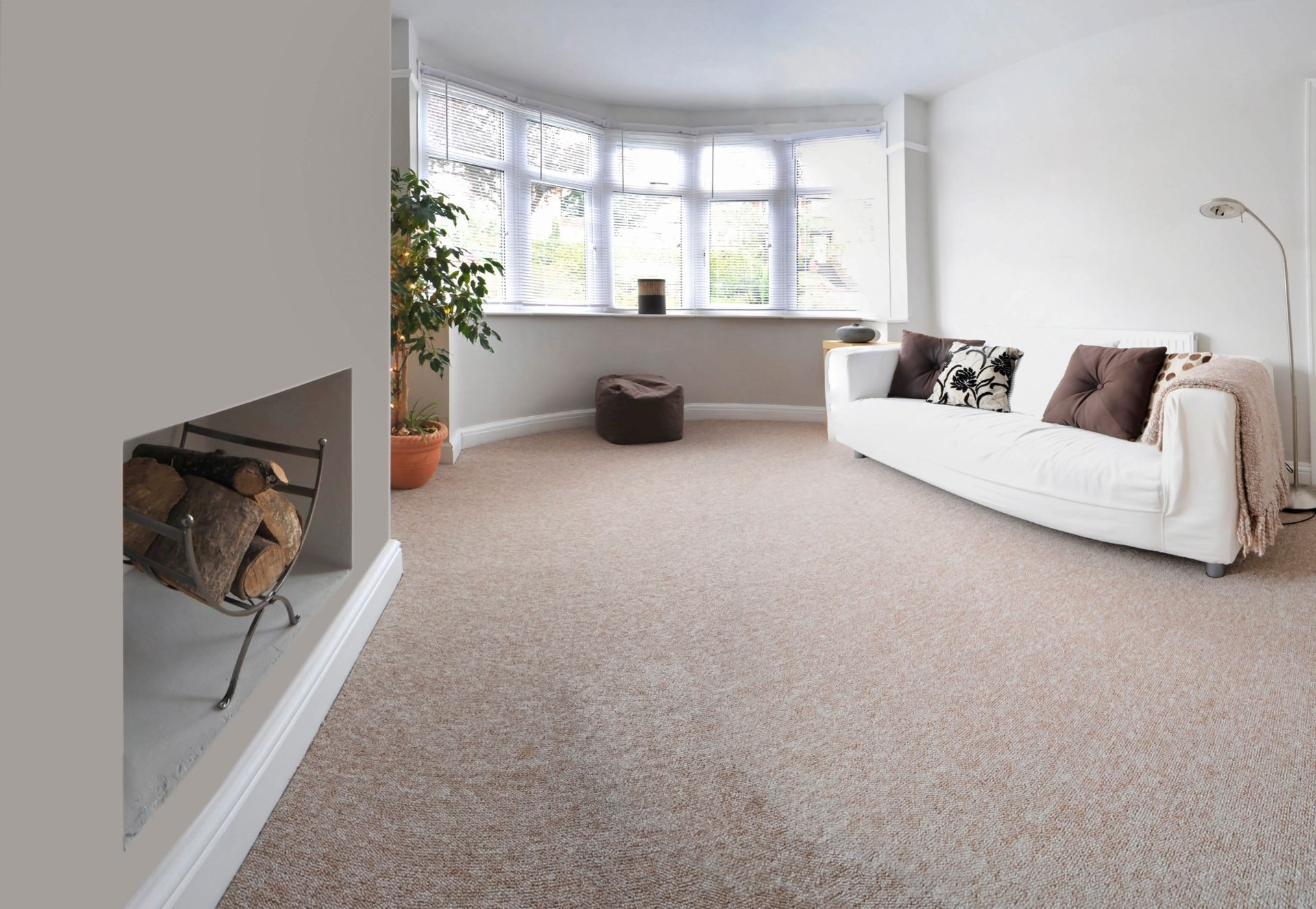Navigating Engineered Hardwood: Is It the Right Fit for Your House?
Engineered hardwood is a flooring material that consists of a thin layer of real hardwood (veneer) adhered to a core of plywood or high-density fiberboard (HDF). Unlike solid hardwood, which is made from a single piece of wood, engineered hardwood is designed to provide greater stability and resistance to moisture-related issues. Here are some key features and considerations to help you determine if engineered hardwood makes sense for your house:
Key Features:
- Structural Stability: Engineered hardwood is more resistant to changes in temperature and humidity compared to solid hardwood. Its layered construction helps minimize expansion and contraction, making it suitable for various environments, including basements and areas with fluctuating moisture levels.
- Installation Options: Engineered hardwood can be installed in several ways, including floating, glue-down, or nail-down methods. This versatility makes it suitable for different subfloor types and installation preferences.
- Appearance: The top layer of engineered hardwood is real wood, providing an authentic and natural look. It is available in various wood species, finishes, and styles, offering a wide range of aesthetic options to complement your home's decor.
- Versatility: Engineered hardwood can be installed on different levels of your home, including basements, as its structure is less prone to warping or buckling in humid conditions.
- Compatibility with Radiant Heating: Engineered hardwood is often compatible with radiant heating systems, providing an additional level of comfort in your home.
Considerations:
- Cost: While engineered hardwood can be more cost-effective than solid hardwood, high-quality engineered hardwood can still be relatively expensive. However, the cost savings in installation and potential long-term durability may outweigh the initial investment.
- Refinishing Limitations: The thickness of the hardwood veneer on engineered flooring determines how many times it can be refinished. Thicker veneers allow for more refinishing, but many engineered hardwood floors have a thinner veneer compared to solid hardwood.
- Moisture Resistance: While engineered hardwood is more resistant to moisture than solid hardwood, it is not entirely immune. Excessive moisture can still lead to damage, so it's important to address spills promptly and maintain a controlled indoor environment.
- Perception of Value: Some homeowners may place a higher value on solid hardwood due to its traditional perception and the ability to sand and refinish multiple times. However, the improved stability of engineered hardwood can make it a practical choice for many households.
Conclusion:
Engineered hardwood can be a suitable and practical flooring choice for many homes, especially those in areas with fluctuating humidity levels or in basements. It combines the beauty of real wood with enhanced stability, offering a versatile and durable flooring option. Consider factors such as your budget, lifestyle, and aesthetic preferences when deciding if engineered hardwood makes sense for your house.
